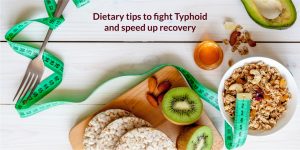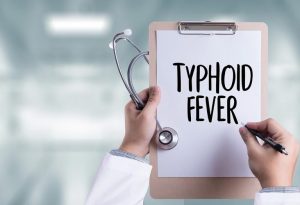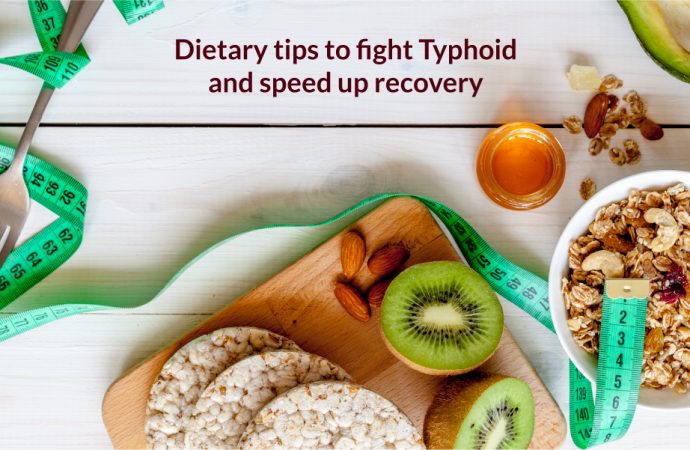Typhoid fever requires not just a carefully curated diet but also the avoidance of certain foods that can exacerbate symptoms or hinder the recovery process. Understanding and abstaining from these foods is crucial during the recuperation phase. Understanding Typhoid Fever and Dietary Caution Typhoid fever, caused by Salmonella Typhi bacteria, affects the gastrointestinal tract, leading
Typhoid fever requires not just a carefully curated diet but also the avoidance of certain foods that can exacerbate symptoms or hinder the recovery process. Understanding and abstaining from these foods is crucial during the recuperation phase.
Understanding Typhoid Fever and Dietary Caution
Typhoid fever, caused by Salmonella Typhi bacteria, affects the gastrointestinal tract, leading to symptoms like high fever, abdominal discomfort, and gastrointestinal disturbances. Certain foods can aggravate these symptoms or interfere with the body’s healing process.
Importance of Avoiding Certain Foods
Highlight the significance of avoiding specific foods that might worsen symptoms or hinder recovery during typhoid fever. Emphasize the importance of a cautious approach to the diet during this period.

Image By:https://www.touchwoodpharmacy.com/
High-Fat and Spicy Foods
Discuss the impact of high-fat and spicy foods on the digestive system. These foods can exacerbate gastrointestinal discomfort, leading to increased digestive distress and potential aggravation of symptoms.
Dairy Products and Lactose
Explain how dairy products, especially those containing lactose, can be hard to digest for individuals recovering from typhoid fever due to temporary lactose intolerance. Advise on the avoidance of such products during recovery.
Caffeine and Alcohol
Highlight the dehydrating effects of caffeine and alcohol, which can worsen dehydration, a common concern during typhoid fever. Encourage complete avoidance to prevent further complications.
Raw or Undercooked Foods
Discuss the potential risks associated with consuming raw or undercooked foods, as they can harbor harmful bacteria, including Salmonella, which can exacerbate symptoms or lead to a relapse.
Foods with Excessive Fiber Content
Explain how foods high in fiber might cause gastrointestinal discomfort during the healing phase. Advise caution and moderation when consuming fiber-rich foods during recovery.
Consultation and Professional Guidance
Encourage patients to seek guidance from healthcare professionals or dietitians for personalized advice regarding foods to avoid and dietary modifications during the recovery phase.

Image By: https://cdn.cdnparenting.com/
Conclusion
Summarize the importance of avoiding certain foods to aid the body’s healing process during typhoid fever. Reinforce the significance of dietary caution for a smooth and successful recovery.

















Leave a Comment
Your email address will not be published. Required fields are marked with *